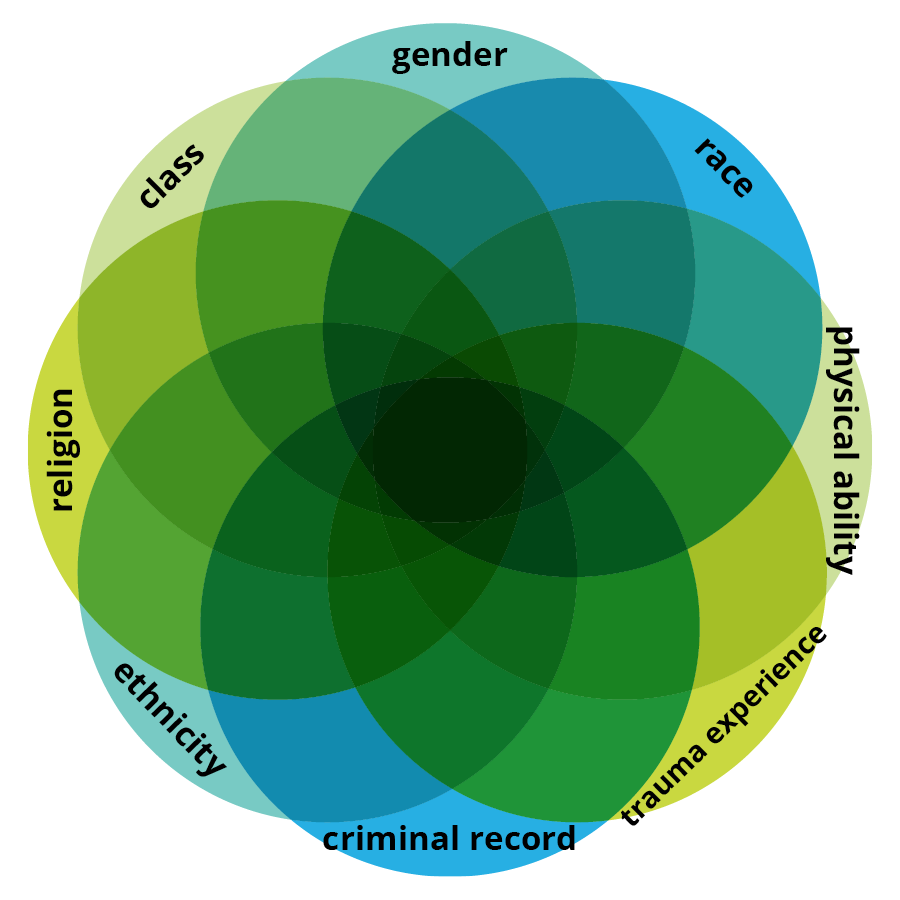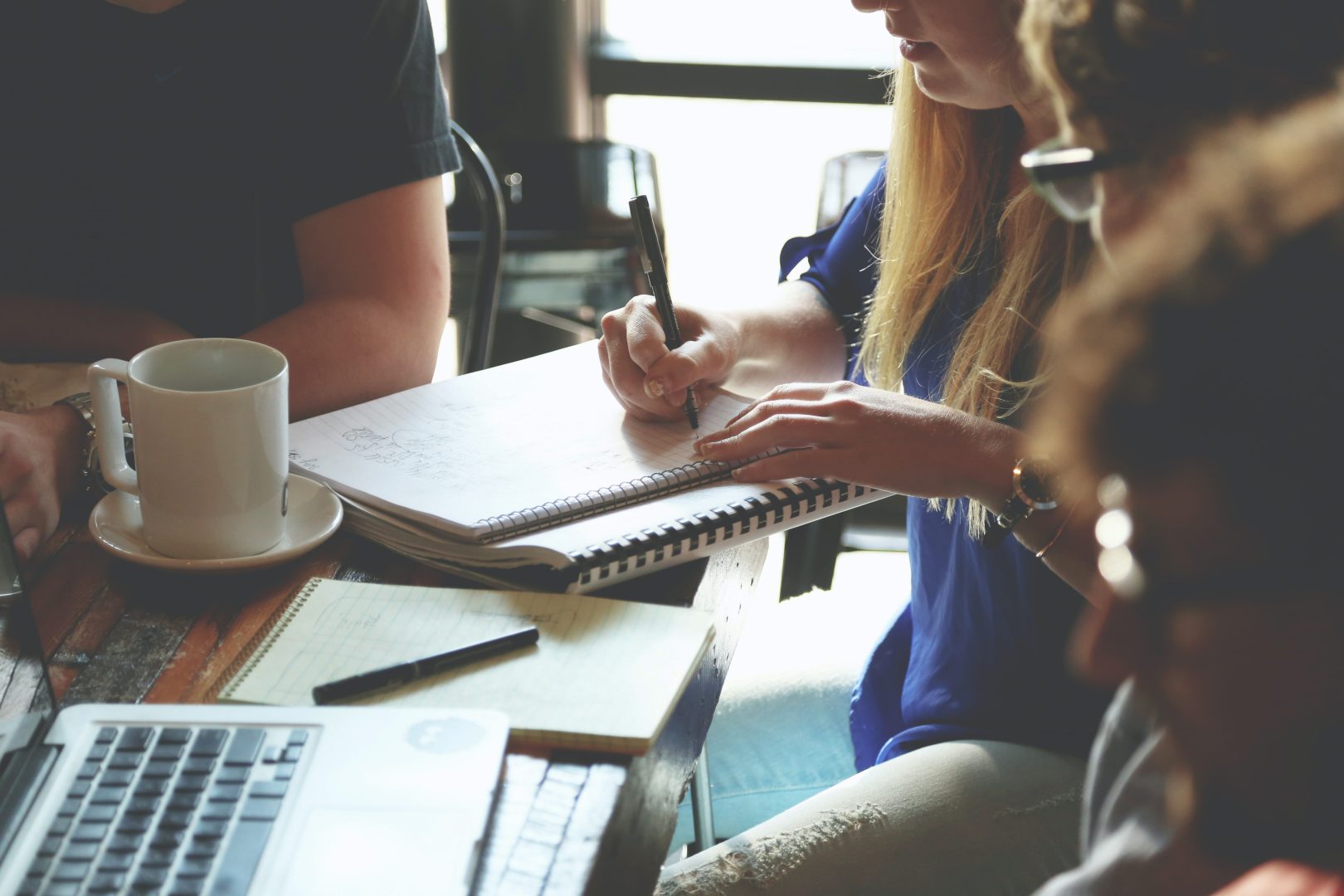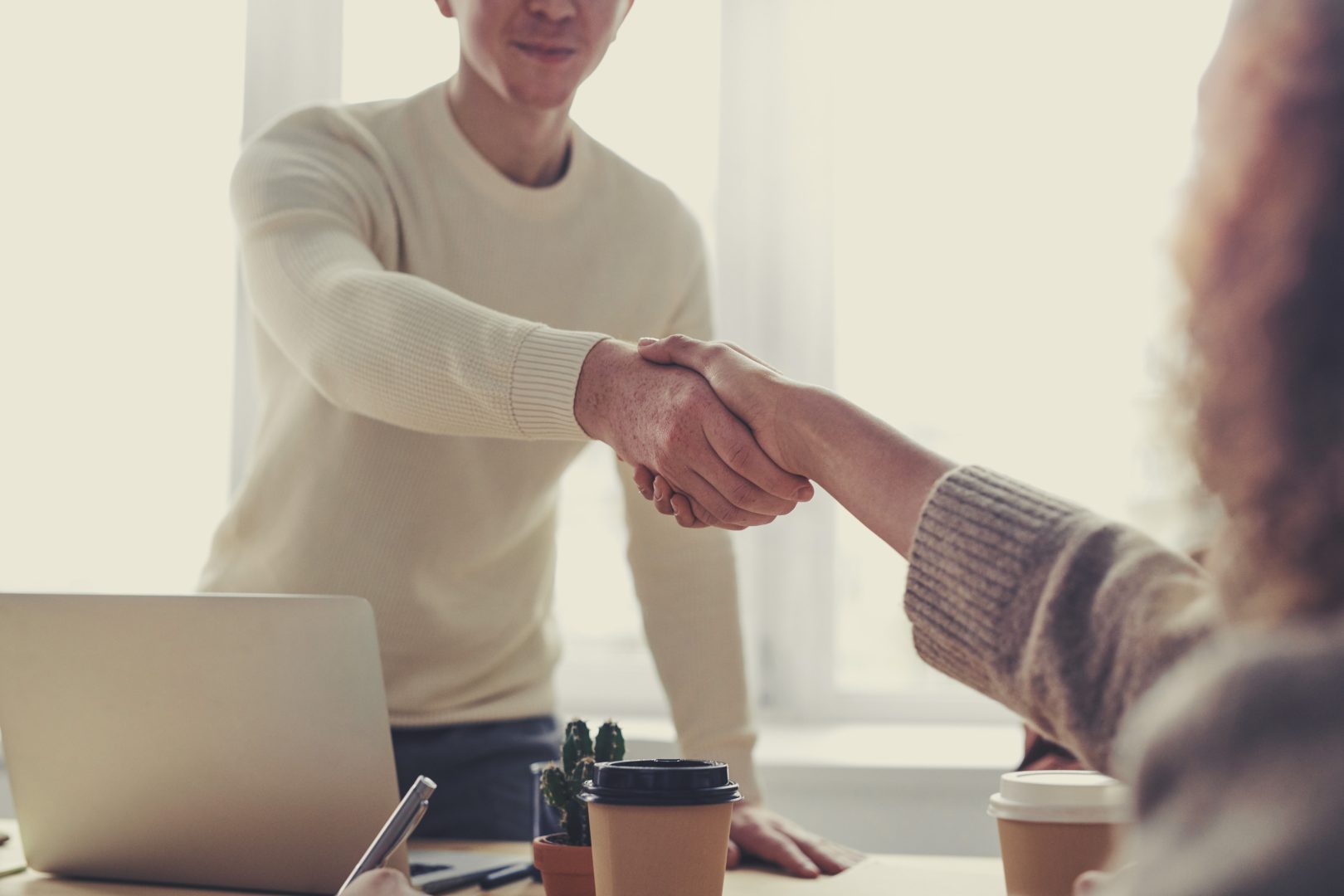| Surviving Economic Abuse’s International Network —Member Spotlight, October 2022 |
| Copied from their October 2022 newsletter. Click here to view in full. Every quarter, we want to highlight a member of the international network and the work that they do. This month we’re highlighting the work of Sara Wee, Director of Research & Programs at the Center for Survivor Agency and Justice (CSAJ), based in the US. Sara has recently been part of a project which saw a group of advocates from gender-based violence advocacy and legal services across New York City come together to lift up a victim-survivor-centered vision for economic policy. Alongside the main report, they also created policy briefs on coerced debt, housing, public benefits and solidarity economy. Along with Dr Adrienne Adams, Sara has also recently published findings from a study into domestic violence and economic well-being, with a national Service Provider Report, as well as regional reports: Northeast region report Southeast region report Southern region report Midwest region report West region report As well as this, CSAJ have recently updated their website, including their new Resource Library, which includes research and practical guides, and Sara has kindly taken part in this spotlight to share more about her work. Can you tell us more about yourself and your work? I’m approaching this a bit differently and want to introduce and lift-up a powerful coalition of advocates we’ve been working with in NYC. I’m the Director of Programs & Research at the Center for Survivor Agency & Justice – a national U.S. organization that addresses the intersection of poverty and gender-based violence. In March 2021 we partnered with 8 direct advocacy organizations in NYC to lift-up a survivor-centered economic policy platform. These folks include: Aditi Bhattacharya & Britt Reid (formerly), New York City Anti-Violence Project Mx. blair dorosh-walther, Safe Horizon Lorena Kourousias, Mixteca Organization, Inc. Madeline Garcia Bigelow, Urban Justice Center’s Domestic Violence Project Marisa Menna, CAMBA Legal Services, Inc. Melissa Correa & Michelle Cameo, Violence Intervention Program Naomi Young, Her Justice Teal Inzunza, Urban Resource Institute What led you to working on economic abuse? CSAJ has been working in partnership with these advocates for years, we came together in March 2021 because survivors were uniquely impacted by COVID-19 — economically devastated, often excluded from pandemic relief, with increased risks to health and safety. From a national survey conducted by CSAJ, NYC advocates revealed that survivors face acute systems-barriers to access traditional public benefits, pandemic benefits, and to caring for children. All the while survivors feared seeking help due to their identity factors and were opting out of traditional supports (calls to law enforcement fell steadily before and during the pandemic) – particularly for BIPOC, immigrant, and LGBTQ+ individuals. While the pandemic exacerbated economic and safety challenges, they pointed to long standing service and systems barriers in NYC, particularly in the areas of: unmet needs and relief for coerced debt, housing inequity, exclusionary and punitive public benefits systems, and little investment in community solutions particularly for those excluded from mainstream economic opportunity. With this backdrop and new Mayor about to be elected, between October 2021-January 2022 we held six visioning calls with 90 advocates and survivors to hear and gather a vision for survivors’ economic equity that could inform NYC policy-making. The result is a robust and survivor-centered policy platform and recommendations: “Reinvesting in Economic Justice, Equity, & Solidarity for Survivors in New York City: A Survivor-Centered Policy Platform & Recommendations for Coerced Debt, Housing, Public Benefits & Solidarity Economy” Why do you think including economic abuse in your work is important? CSAJ has long said, “there is no safety for survivors, without economic security.” Abuse creates economic hardship, poverty restricts a person’s options for safety, and systems barriers create and perpetuate the “economic ripple effect of violence.” By understanding economic abuse, we can better identify and target the systems, policy, and structural inequities that must change or be dismantled to ensure survivors have equal access to resources and supports to steer the course of their own safety. What do you enjoy about the international network?You all are dot-connectors and synergizers! In an under resourced field, the time and space to learn, dialogue, exchange, imagine can feel scarce. The global perspectives, practices, and research you share (not to mention radical work within in the UK) offers an important opportunity to step back, be curious, and make connections. |
| Surviving Economic Abuse’s Economic Abuse International Network — Member Spotlight, October 2022 |














